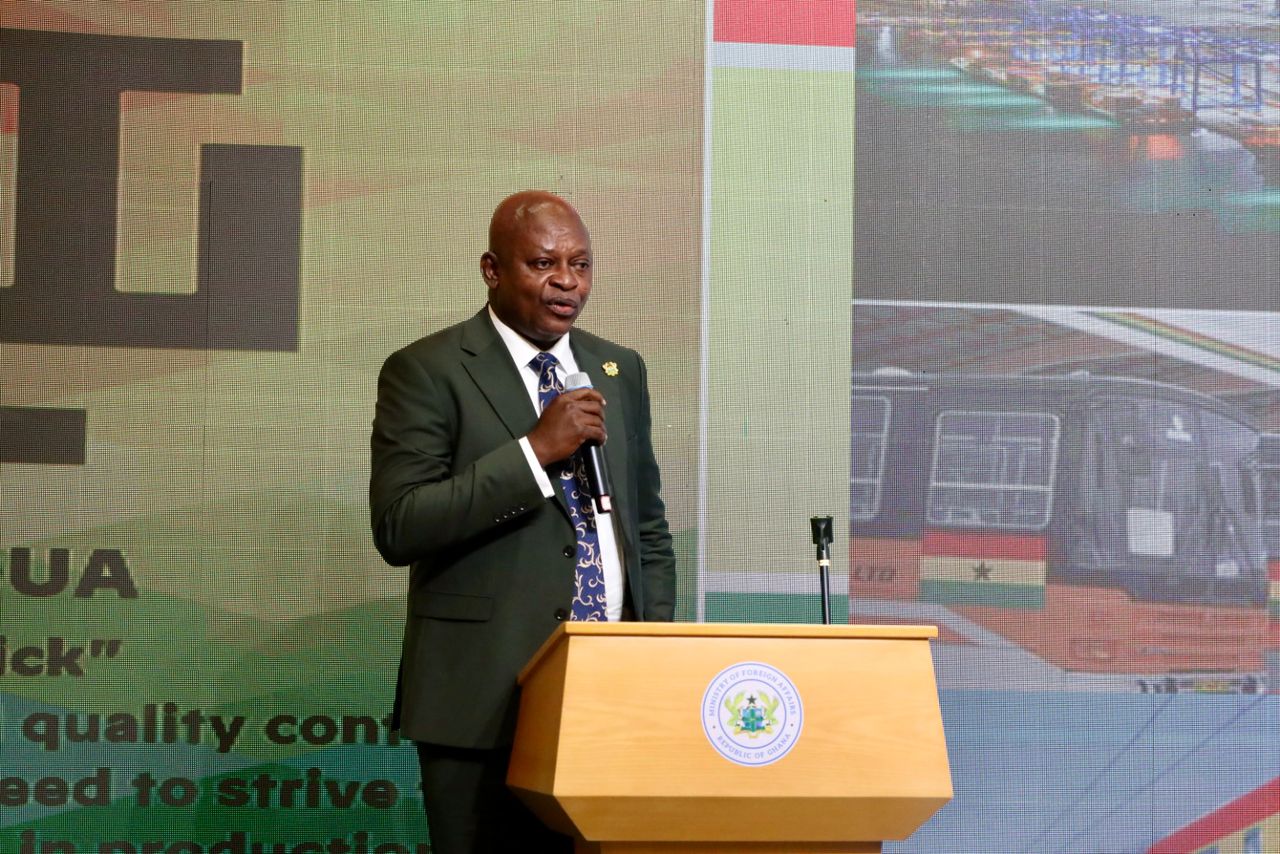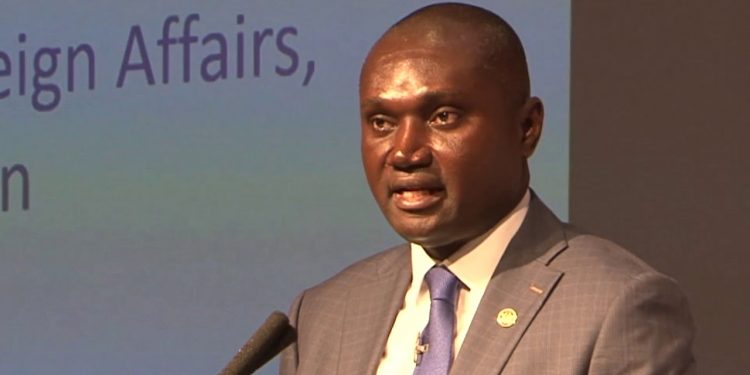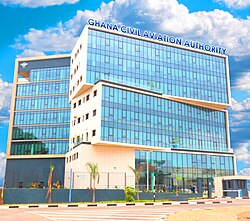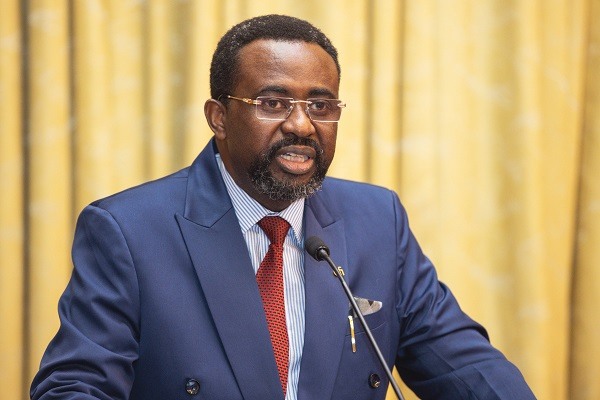The Government of Ghana has announced a 12.27% increase in the producer price of cocoa for the 2025/2026 season, raising the rate to GHS3,625 per 64-kilogram bag, up from GHS3,228.75. The adjustment brings the price per metric tonne to GHS58,000 ($4,750), compared to GHS51,660 previously.
The move, effective October 3, follows recommendations from the Producer Price Review Committee (PPRC) and comes amid a sustained rally in global cocoa prices. Ghana is the world’s second-largest cocoa producer, after Côte d’Ivoire, and cocoa remains a critical foreign exchange earner for the West African nation.
Finance Minister Cassiel Ato Forson, who chairs the PPRC, said the increase reflects government’s commitment to ensuring that cocoa farmers benefit more directly from favorable international market conditions.
“This GHS400 per bag increase underscores our resolve to deliver fair value to our farmers, especially in a global environment where cocoa prices continue to trend upwards,” Mr. Forson said during a press briefing.
The revised price maintains the government’s policy of allocating at least 70% of the Free-on-Board (FoB) export price to producers. The previous season’s price was based on an average FoB value of $7,200 per tonne.
While the producer price has been adjusted upward, margins, fees, and operational rates for other players in the value chain—such as the Ghana Cocoa Board (COCOBOD), licensed buying companies, and transporters—remain unchanged.
Support Measures Remain in Place
In tandem with the price hike, COCOBOD will continue its suite of support programs aimed at boosting yields and farmer welfare. These include free distribution of fertilizers, insecticides, fungicides, and spraying equipment. The agency also confirmed that a tertiary education scholarship scheme for children of cocoa farmers will roll out in the 2026/27 academic year.
Government officials say the policy measures are part of a broader strategy to strengthen the sector’s long-term viability.
“We are building a robust and resilient cocoa economy—one that is sustainable and equitable for all stakeholders,” Mr. Forson said.
The cocoa price hike comes at a time when global supply concerns, driven by climate-related disruptions in West Africa, have pushed futures prices to multi-decade highs, boosting revenues for producing nations but also raising costs for chocolate manufacturers worldwide.














